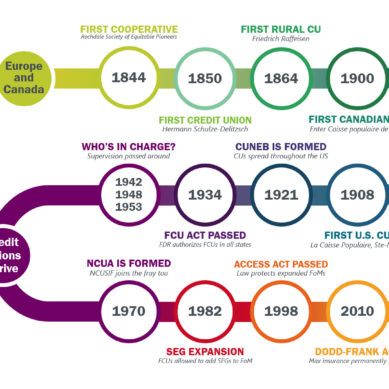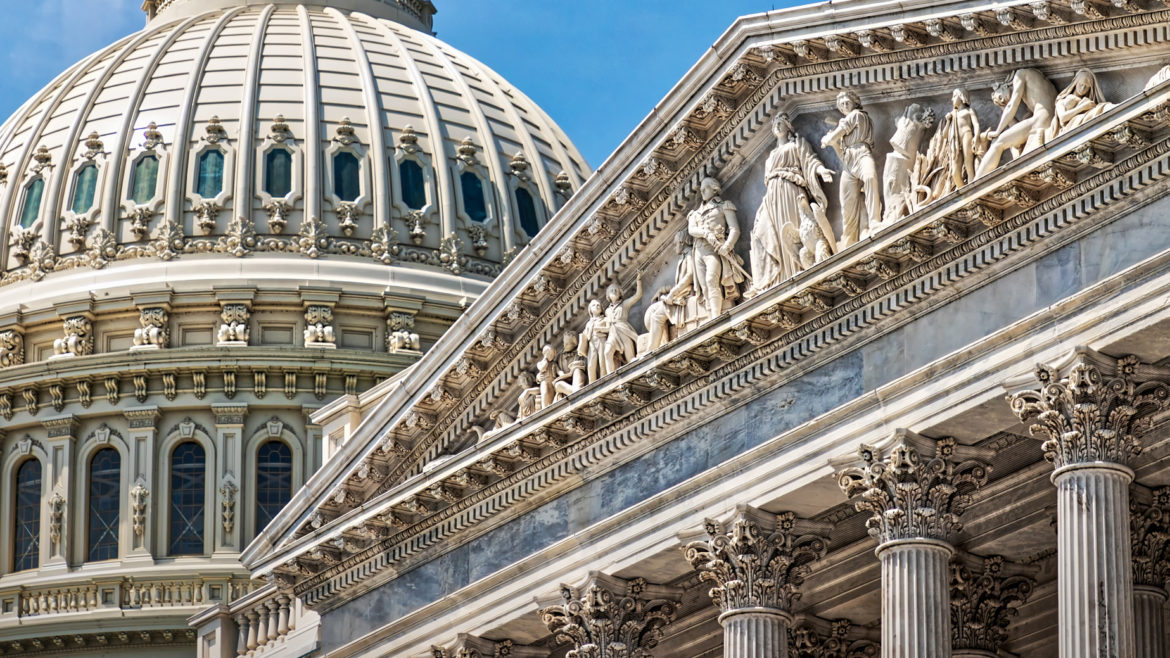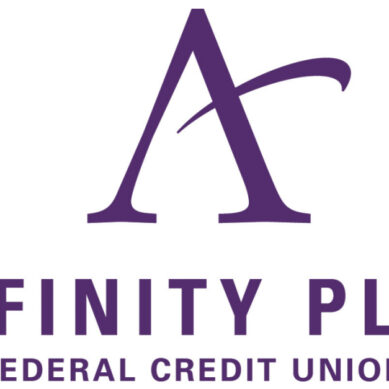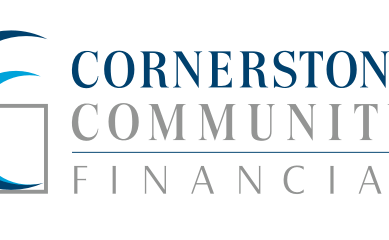FinTechs have long been a hot topic in the banking world, as they aim to solidify their place in the financial industry. However, credit union and bank groups alike maintain that FinTechs should not be allowed to gain a foothold until they are held to the same standards and regulations as banks and credit unions. Specifically, these groups claim that unregulated FinTechs are responsible for widespread PPP (Paycheck Protection Program) loan fraud.
In December, the bipartisan House Select Committee on the Coronavirus Crisis released the report titled “How Fintechs Facilitated Fraud in the Paycheck Protection Program” which supported the idea that lack of oversight regarding FinTechs allowed large amounts of fake PPP loans to be dispersed.
“While the PPP delivered vital relief to millions of eligible small businesses, at least tens of billions of dollars in PPP funds were likely disbursed to ineligible or fraudulent applicants, often with the involvement of fintechs, causing tremendous harm to taxpayers,” the staff of the House Select Subcommittee on the Coronavirus Crisis wrote in the December report.
The investigation also found that FinTechs managed to make billions off of fraudulent loans thanks to processing fees and when reviewing loans, it was noted that FinTechs actually give less scrutiny–but higher priority–to larger loans and essentially ignored loans to smaller businesses as they offered less profit. Additionally, the majority of lenders working with said FinTechs left fraud prevention and eligibility verification in the hands of their FinTech partners, who were often unregulated and poorly vetted.
Two such FinTechs, Womply and BlueAcorn, were specifically named and discussed in the findings as companies that had failed to have adequate fraud detection systems in place. BlueAcorn loan reviewers spoke with the committee during the investigation and admitted they were pressured to push through loans, even if they appeared fraudulent. One reviewer even commented they submitted over 300 PPP loans before receiving any kind of training on the subject.
“As [the] report details, many fintechs, while promising to help disburse billions of Paycheck Protection Program dollars to struggling small businesses efficiently and expeditiously, refused to take adequate steps to detect and prevent fraud despite their clear responsibility to safeguard taxpayer funds,” Committee Chairman, Rep. James Clyburn, D-S.C., said in a statement.
As a result of these findings, the committee staff and financial industry groups are calling on the government to subject FinTechs to the same scrutiny and regulations as their competitors.
“Fintechs are claiming an increasingly large role in the financial industry, from providing application portals to borrowers as they did in the PPP, to housing encrypted transactions on complex networks,” the staff report stated. “Although fintechs often behave like banks and traditional depository institutions, they are not subject to banking regulations such as the Bank Secrecy Act, which would require them to implement certain processes and structures to ensure the safety and soundness of their operations. Congress must thoughtfully regulate the industry to better protect consumers and prevent financial crime.”































































